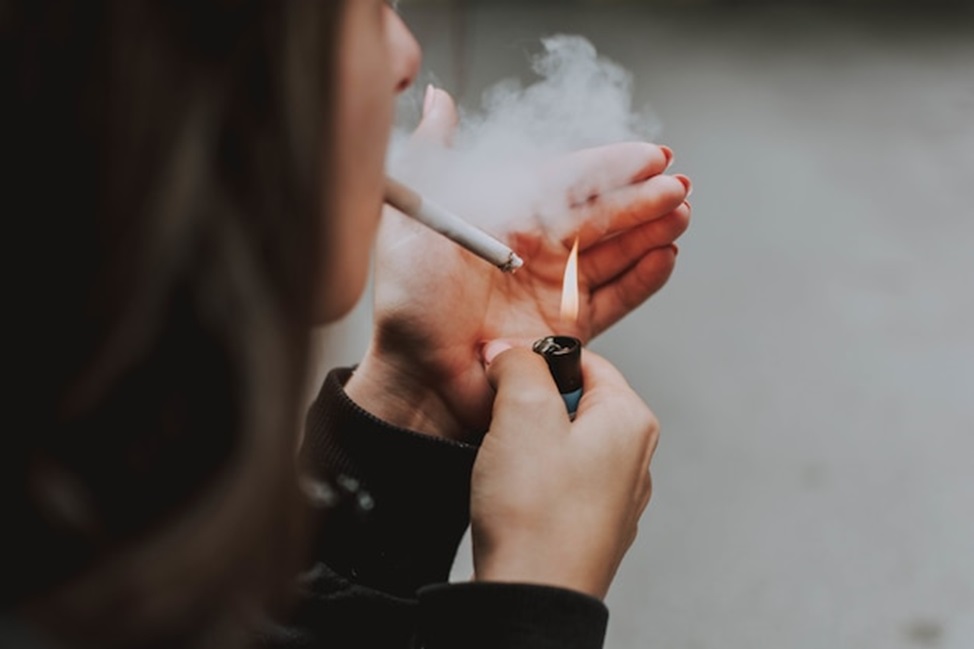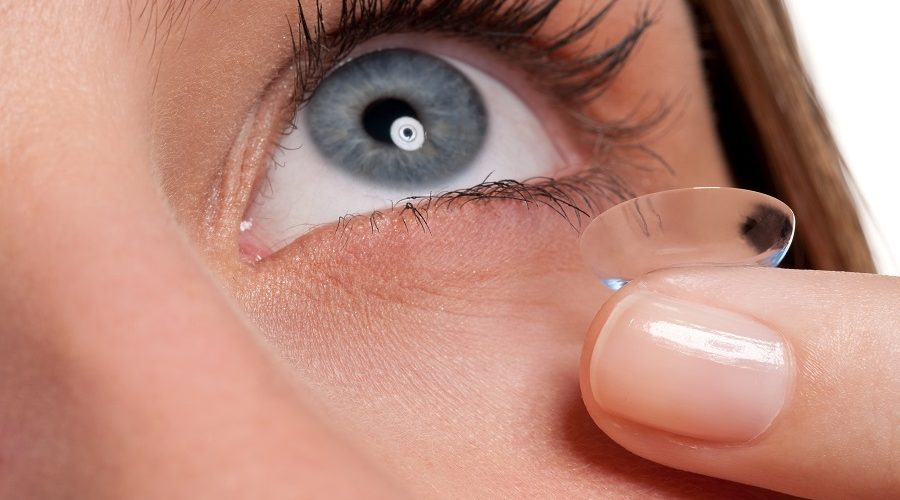
Gastric sleeve surgery, also known as vertical sleeve gastrectomy, is a common weight-loss procedure that helps reduce the size of the stomach by removing a significant portion of it. This results in a smaller stomach, which limits the amount of food that can be consumed and helps with weight loss. Smoking, however, can have a significant impact on the outcome and recovery of the surgery. It is essential to understand the risks of smoking before and after undergoing gastric sleeve surgery. So without any further ado, let’s discuss the effects of smoking before and after gastric sleeve surgery.
The Risks of Smoking Before Gastric Sleeve Surgery
1. Impaired Healing Process
Smoking increases the risk of complications during and after surgery. Cigarette smoke contains harmful chemicals that may reduce blood flow and oxygen levels in the blood, which can result in delayed healing. This impaired healing process can lead to an increased risk of infection and other complications.
2. Increased Anesthesia Risks
Smoking has been associated with a higher risk of anesthesia complications, such as respiratory issues and sudden blood pressure changes. This can cause problems during the surgery itself, leading to potential complications or even cancellation of the procedure.
The Risks of Smoking After Gastric Sleeve Surgery
1. Compromised Weight Loss
Smoking after gastric sleeve surgery can hinder your weight loss progress. Nicotine, a chemical found in cigarettes, has been known to suppress appetite, which can cause patients to consume less food and lose weight. However, this short-term weight loss is not sustainable and may lead to other health complications.
2. Increased Risk of Gastroesophageal Reflux Disease (GERD)
Smoking after gastric sleeve surgery can increase the risk of developing gastroesophageal reflux disease (GERD). In this chronic disorder, stomach acid flows back into the esophagus, causing heartburn and other symptoms. This is due to the fact that smoking weakens the lower esophageal sphincter, letting acid flow more easily into the esophagus.
Best Practices for Quitting Smoking Before and After Gastric Sleeve Surgery
1. Consult with Your Surgeon
The best way to quit smoking before and after gastric sleeve surgery is to talk to your surgeon. Your doctor for gastric sleeve surgery in Tijuana will be able to provide you with the best advice and resources to help you successfully quit. They may also suggest certain medications or therapies that can help in managing withdrawal symptoms more effectively.
2. Use Cessation Aids
Nicotine replacement therapies and prescription medications can assist with quitting smoking. Consult with your doctor to determine the best cessation aids for your specific situation.
3. Behavioral Support
Seeking help from a support group or counselor specializing in smoking cessation can provide you with essential tools, tips, and encouragement to quit smoking successfully.
To Sum Up
Smoking after gastric sleeve increases the risks of complications and can hinder your weight loss progress. Quitting smoking is strongly recommended before undergoing the procedure, and maintaining a smoke-free lifestyle afterward is crucial for the best results and overall health. For more information on managing your recovery journey, visit this blog post to learn about the best ways to stop nausea and vomiting after gastric sleeve surgery. By staying committed to your recovery plan and being mindful of the risks associated with smoking, you can achieve long-term weight loss success. Good luck on your journey!






